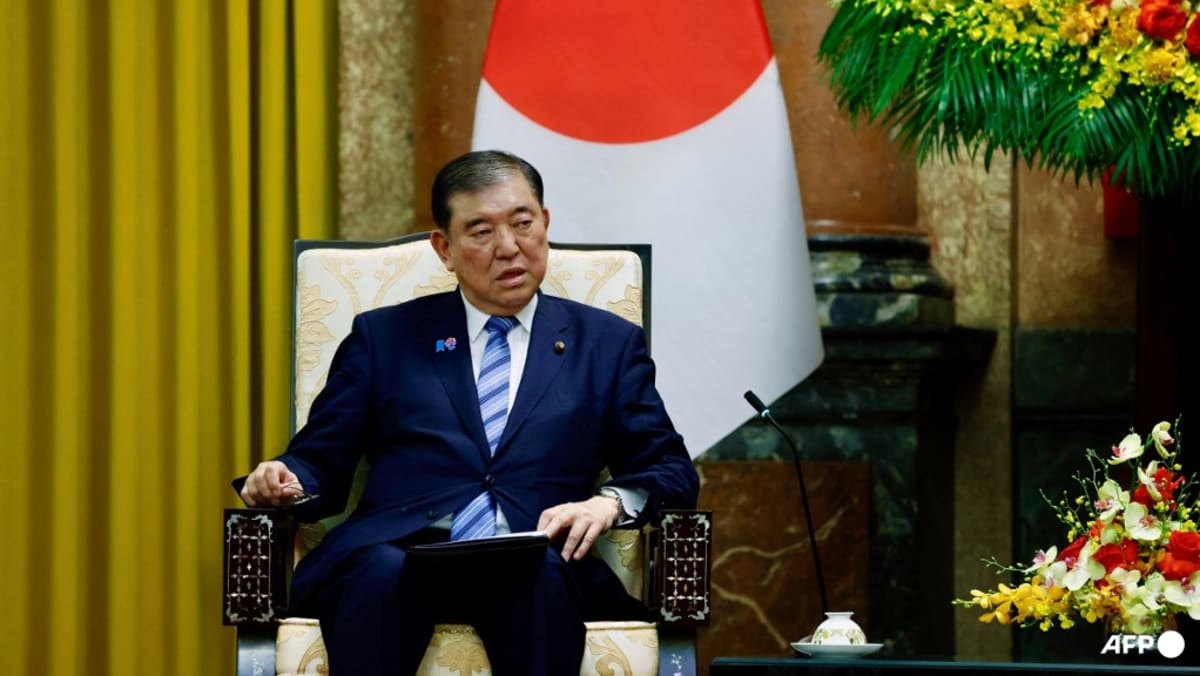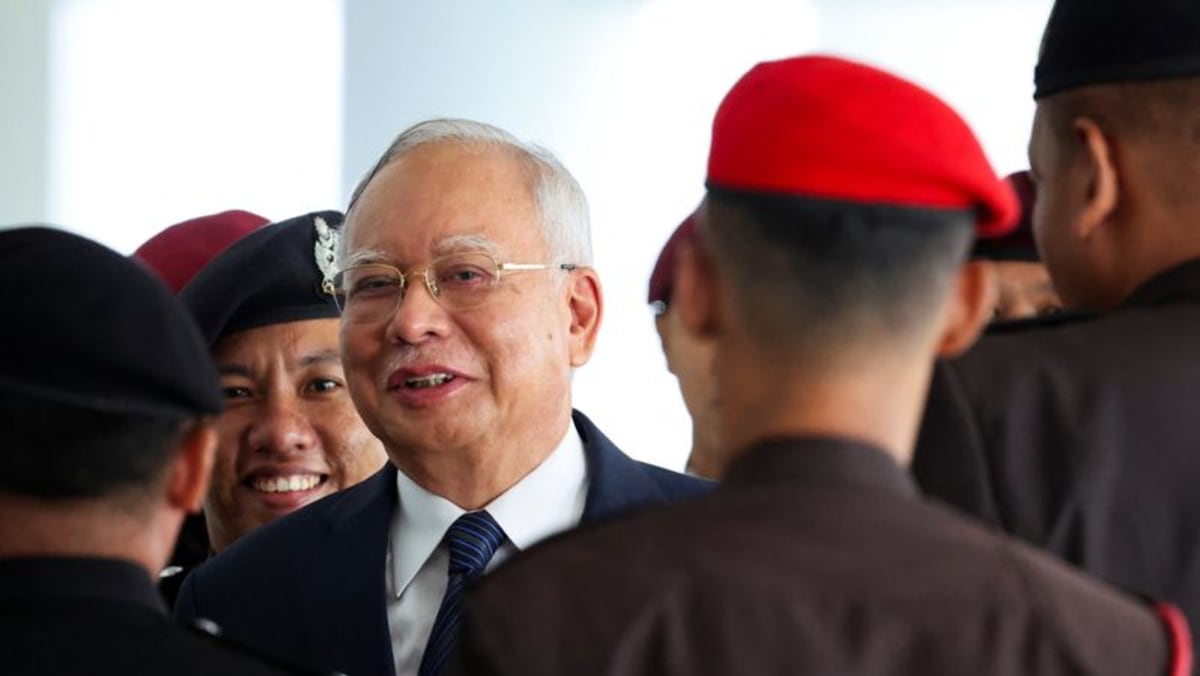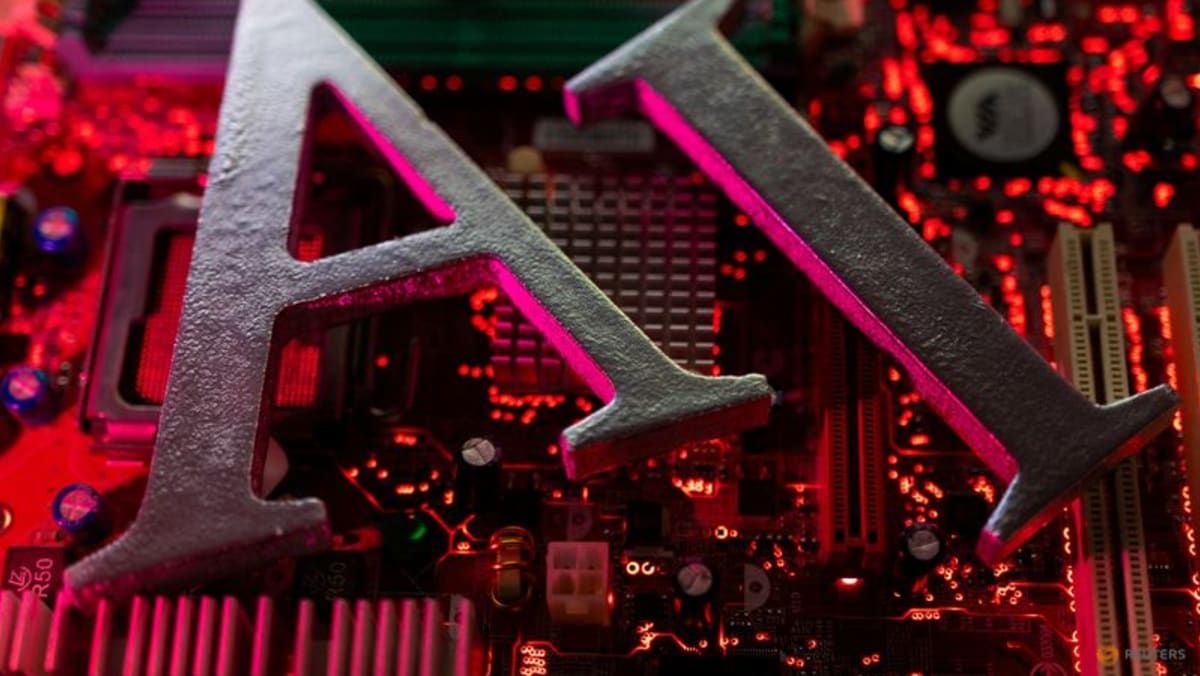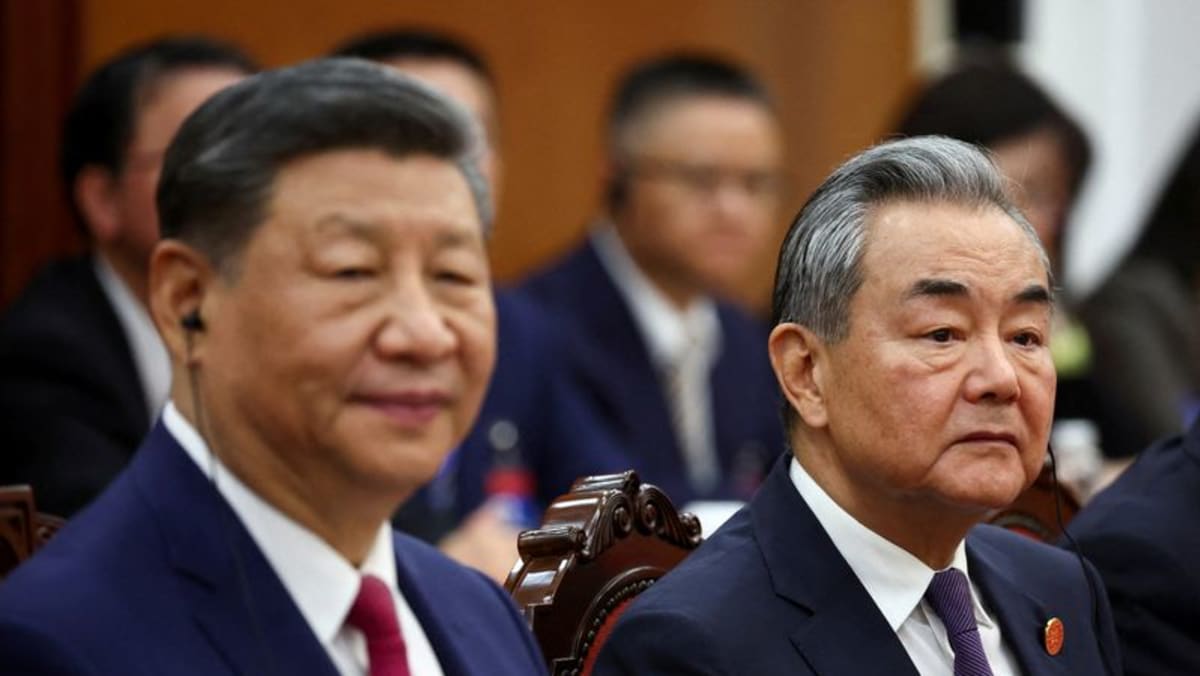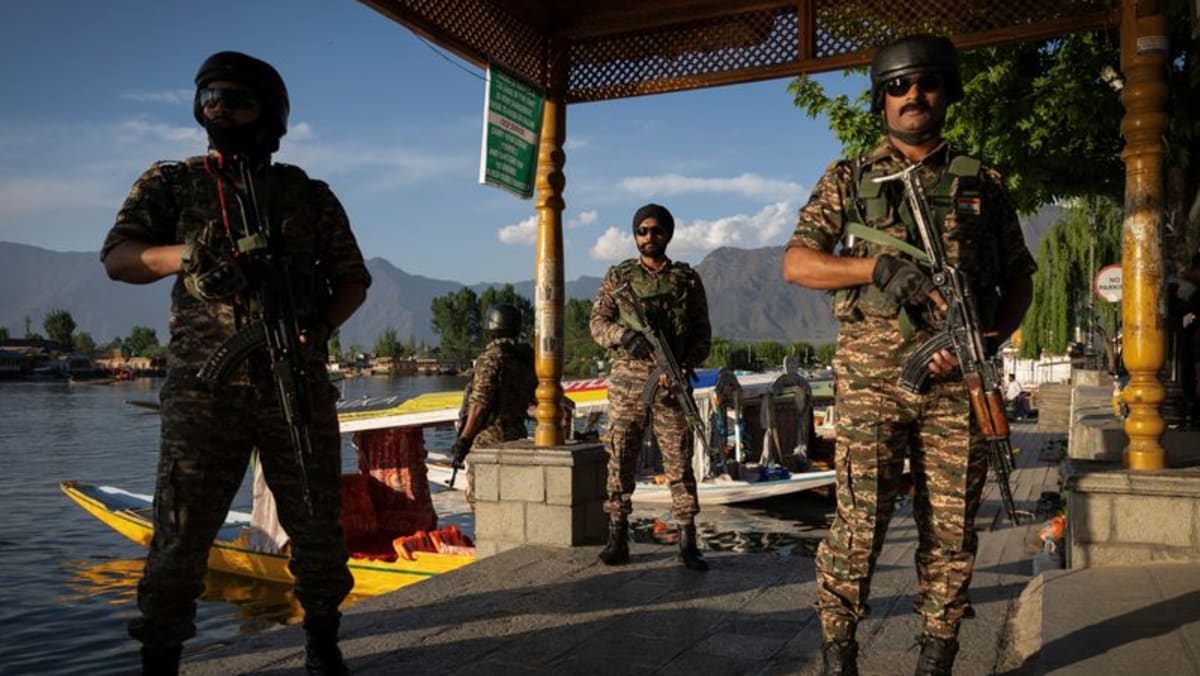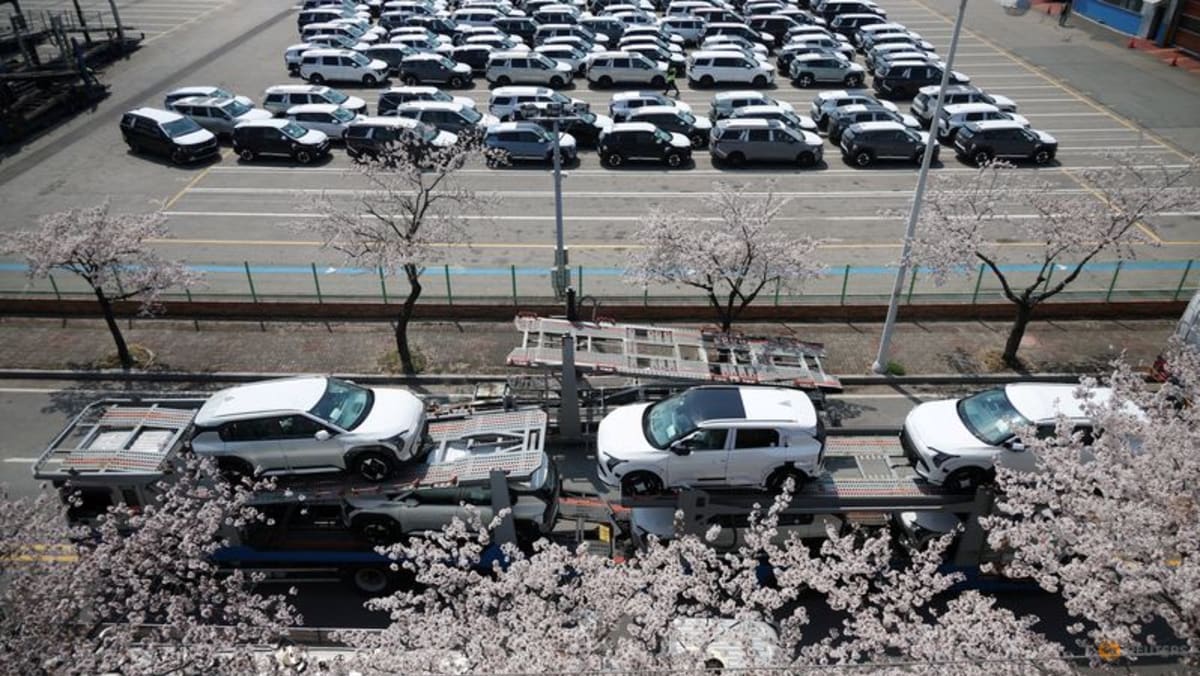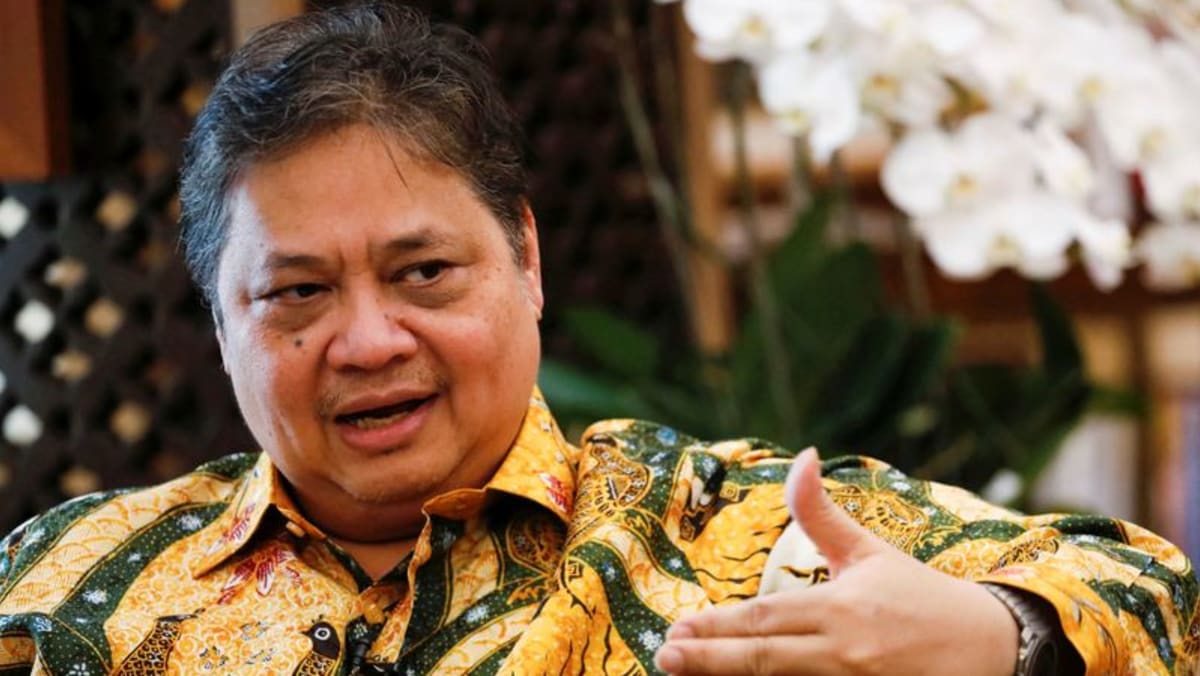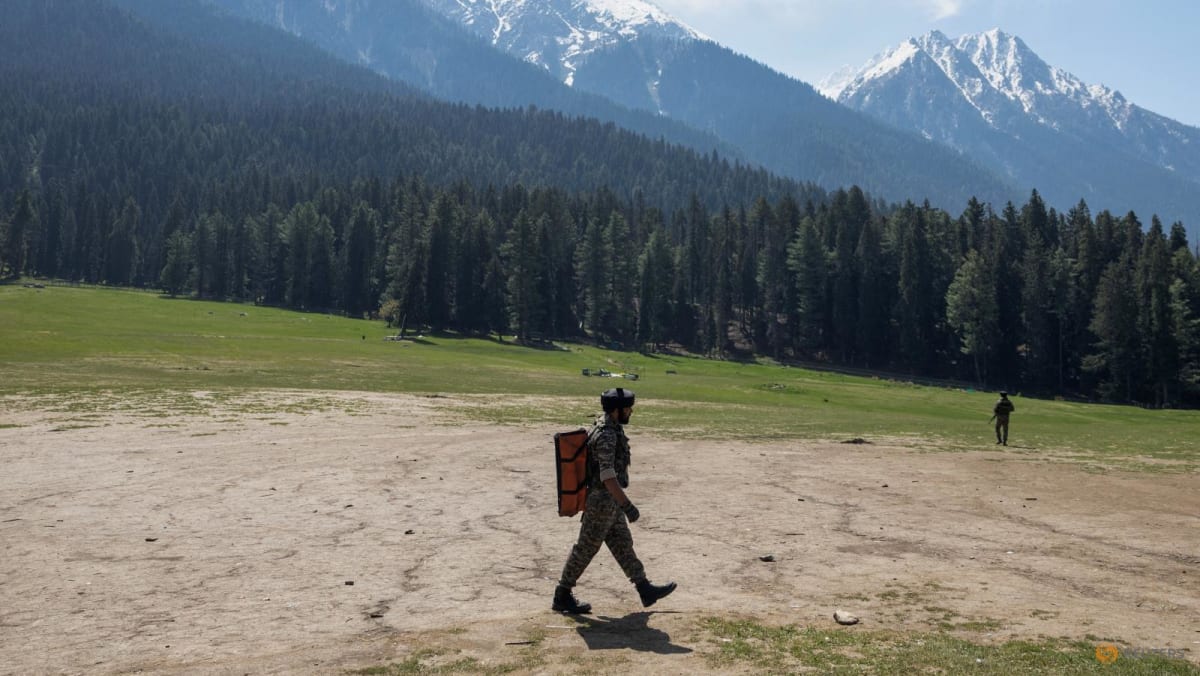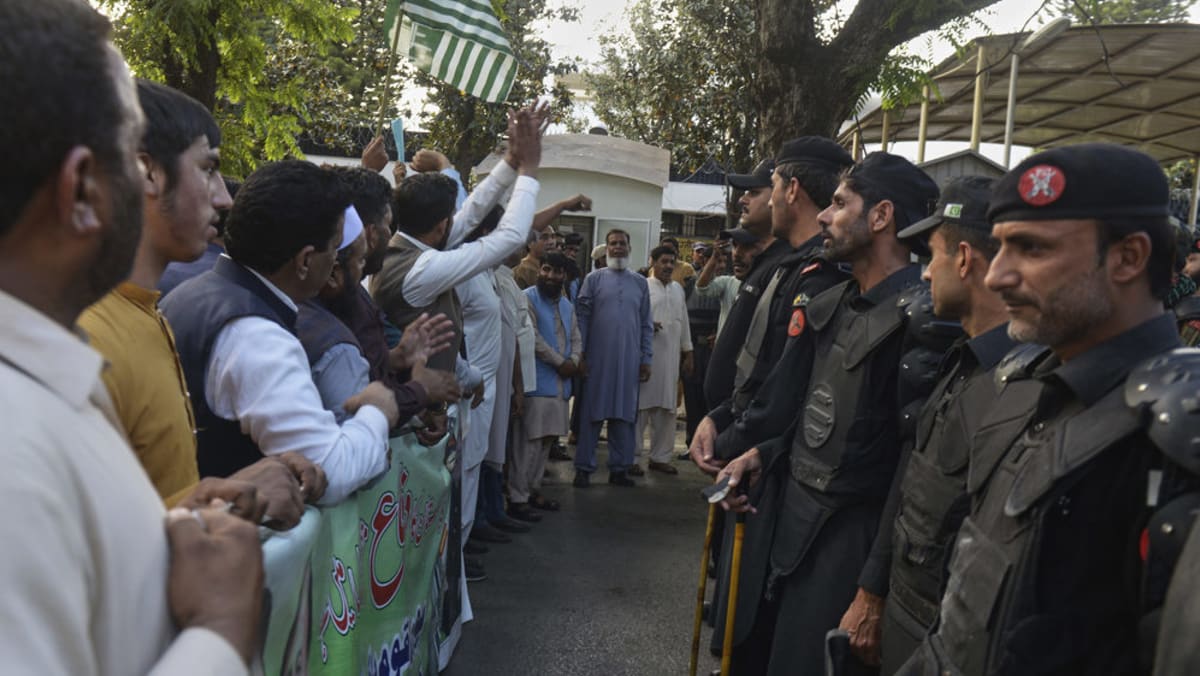Commentary: Najib’s partial pardon will affect trust in Malaysia’s institutions, some more than others
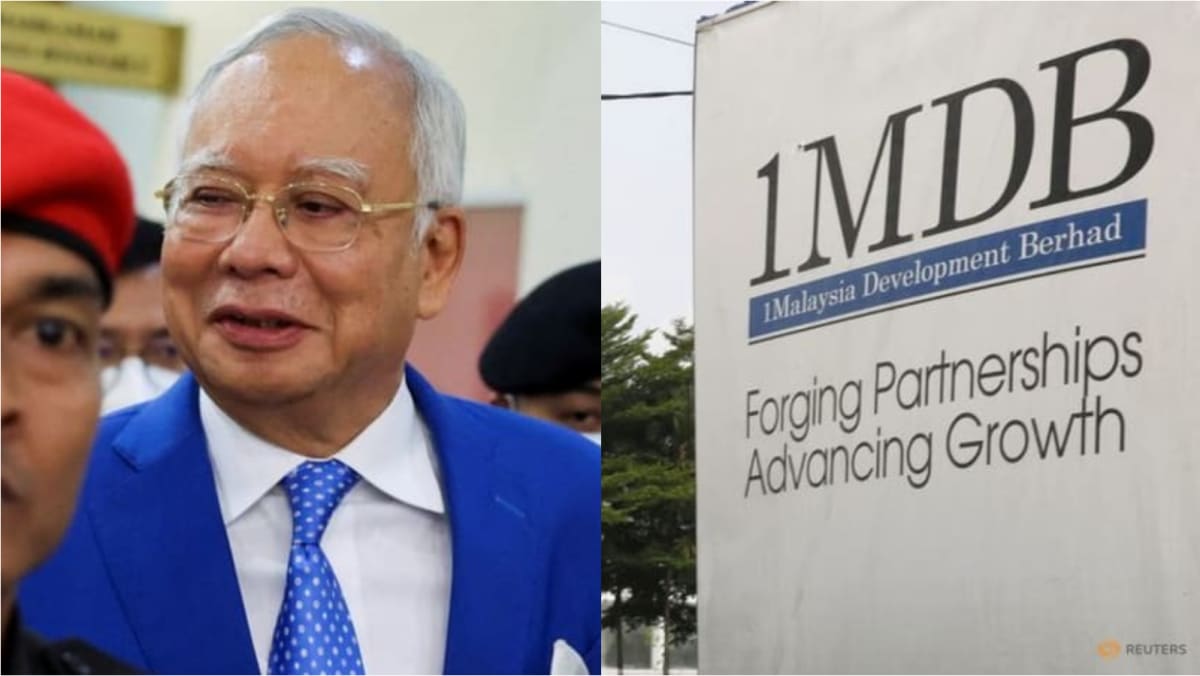
This may be more challenging than it appears. Political cases will always be seen as biased, even if pursued purely on its merits without political interference. UMNO politicians charged a few years ago cried political witch-hunt by the then prime minister Mahathir Mohamad; the same has happened now with probes into Dr Mahathir’s close associates and children.
Najib’s pardon likely would not affect the perception of the AGC. Efforts by Prime Minister Anwar Ibrahim to split the AG’s dual role of chief legal adviser and lead criminal prosecutor will matter more. Only with this would the public be confident that prosecutions are made in the interest of justice and society, even against senior officials, and not beholden to the government of the day.
NAJIB RAZAK’S PURSUIT FOR FULL PARDON?
Even though Najib’s partial pardon unlikely had the effect of uniformly diminishing public trust in Malaysia’s institutions and its corruption drive, they might once again be put to the test.
His lawyer said, shortly after his partial pardon was announced, that Najib was considering filing a new pardon request. The jailed former prime minister has consistently denied wrongdoing.
If Najib succeeds, public trust would undoubtedly plummet to a new low. But if he does not, public trust would ironically improve – though more for some than others.
James Chai is a Visiting Fellow of ISEAS-Yusof Ishak Institute and the author of Sang Kancil (Penguin Random House).
Source: CNA


